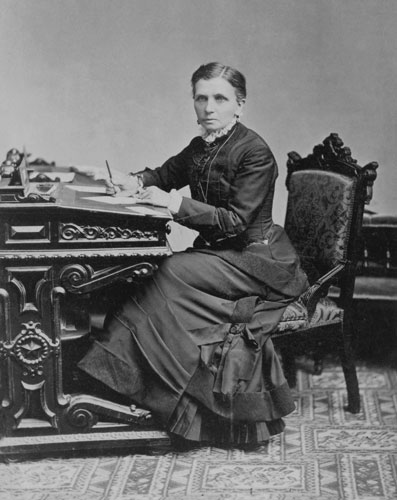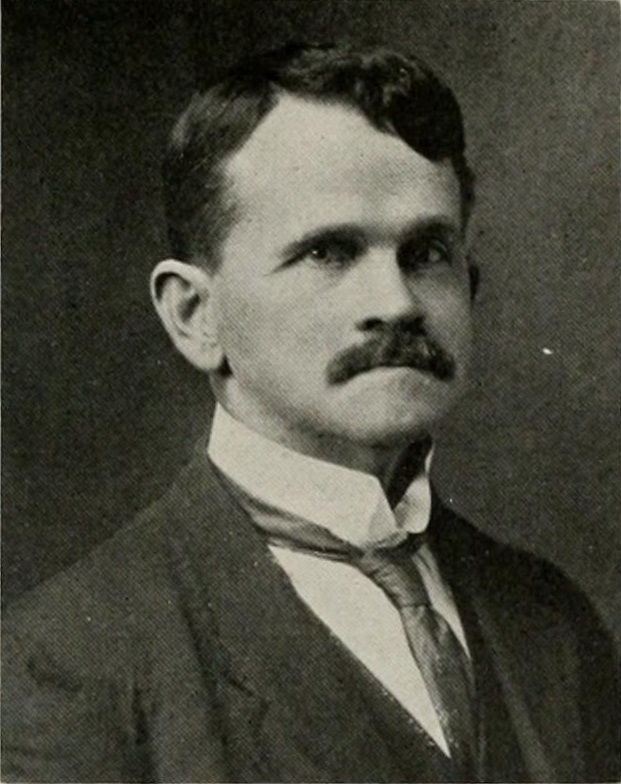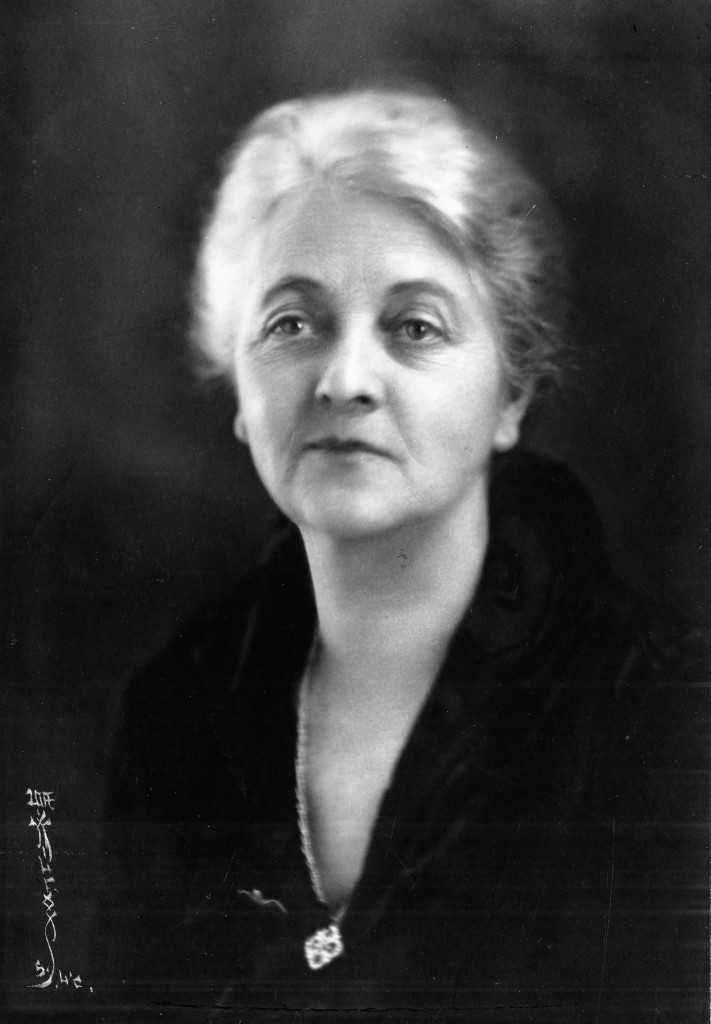
Title: “Faith and Intellect: The Lives and Contributions of Latter-day Saint Thinkers” Author: Leonard Arrington, Edited by: Gary Bergera
Published by: Signature Books, 2019
Genre: Biography Pages: 179
Binding: Paper
ISBN: 978156085275951459
Price: 14.95
A little over a decade after Leonard Arrington’s death, his family invited Gary Bergera to edit his massive diaries for publication. This extremely important work, which is vital for anyone who wants to understand twentieth century Mormonism, was released by Signature Books in a three-volume set in 2018 under the name “Confessions of a Mormon Historian.” While preparing those journals for publication, Bergera came across the manuscript for, “Faith and Intellect: The Lives and Contributions of Latter-day Saint Thinkers,” and obtained the Arrington family’s permission to publish it was well. Thanks to Bergera’s efforts, with a foreword contributed by Philip Barlow, the world of Mormon Studies has been given the gift of this heretofore “lost” manuscript.

In his foreword to the book Barlow points out that of all people, Elder Boyd K Packer is somewhat responsible for “Faith and Intellect’s” existence. In May 1993, four months before the “September Six Excommunications”, Packer gave a talk to the All Church Coordinating Council. In this talk he derided “so called intellectuals” and said that they had, “influenced (some church members) by social and political unrest, (who) are being caught up and led away” and that these intellectuals had “made major invasions into the membership of the Church” (see pp. x-xi). This in turn led to BYU Hawaii inaugurating a “Faith and Intellect” series of lectures on their campus starting in 1994. Arrington gave the first such lecture and subsequently delivered three more. These four lectures make up chapters 1, 2, 3, and 7. To round out the book Arrington wrote chapters 4, 5, and 6 (see p. xv).
“Faith and Intellect” is a fun and fascinating little book. At 179 pages it is written in such a way that a reader who wanted to take it quickly could knock it off in an afternoon for an enjoyable read, or a person could spend days or more and take an in depth, scholarly approach to it, and get as much as they wanted out of it. Either way, the reader will come away enlightened and informed about some LDS intellectuals that they may not even know existed before they read the book. “Faith and Intellect” is part biography, part analysis. Four chapters focus largely on one individual each (Chapter One: Joseph Smith, Chapter Two: Brigham Young, Chapter Three Emmeline B Wells, and Chapter 5: J Reuben Clark). The remaining three chapters cover three plus individuals each.

My favorite chapters were the ones about people that your average LDS reader are least likely to know about. Chapter three on Emmeline B Wells was amazing. Her story, life, and contributions are absolutely captivating. Wells was closely associated with Brigham Young, Eliza Snow, and other Mormon leaders of her day. She was involved in the Wasatch Literary Association and the beginnings of what is now the LDS Young Women program. In 1874 she was the vice president for Utah at the National Women’s Suffrage Association and was given a gold ring for her work by Susan B Anthony. She wrote for the Exponent and in 1910 she became the fifth president of the Relief Society. Her story is very important and Arrington provides an engrossing 20 pages on her history and intellectual contributions to Mormonism. This is an especially important and relevant chapter right now. The information and discussion provided by Arrington on Well’s feminism, activism, and the discrimination that she faced is something that all Mormons ought to read about with the renewed discussion about the need to pass the ERA and the LDS Church’s efforts to dissuade Utahans from supporting it.

The farther I got into this book, the more that I loved it. I was absolutely engrossed by Arrington’s discussion of William H Chamberlin and his brother Ralph and their involvement in the BYU higher criticism scandal that occurred in the early 19-teens. I was familiar with this story, but Arrington’s writing on it was excellent and informative. My only complaint is that I wish that it had been a longer section of the text. Like Emmeline B Wells, for Mormons who are not familiar with these men and this historical incident, this is a very important discussion. And like with Wells and the ERA, this is a very topical section as Mormons as a whole still lack an understanding of and even fear discussions about evolution and they continue to push back against and misunderstand higher criticism.

Another treatment in Faith and Intellect that I was enthralled by was the story of EE Ericksen. Arrington explains that Ericksen was a professor, department head, and finally dean in philosophy at the University of Utah. In 1922 the University of Chicago published his doctoral dissertation The Psychological and Ethical Aspects of Mormon Group Life. Arrington explains that Ericksen was critical of the LDS Church’s conservative position in the progressive era and quotes him as having said:
“What Mormonism needs today is the vitalization of its institutions which need to be put into use rather than merely contemplated … when Mormonism finds more glory in working out new social ideals than in the contemplating of past achievements or the beauty of its own theological system, it will begin to feel its old-time strength” (see pp 109-110).
Again, I find this to be EXTREMELY relevant and just as true of Mormonism in 2019 as it was in 1922. Arrington packed this book full of important stuff that Mormons need to read and understand.

I could go on and on, Faith and Intellect is packed with nuggets and gems. Another favorite chapter is chapter seven, the last chapter. This was a favorite for three reasons: it is all about women, they are all form my lifetime, and two of them are still alive (and I own books by all of them!). This chapter covers the lives, work, and intellectual contributions of Chieko Okazaki, Laurel Thatcher Ulrich, and Claudia Lauper Bushman. Ending a book that started out with a focus on dead men by shifting the focus to living women (Okazaki was still alive when the manuscript was written) was the perfect way to cap off this book and take the discussion of Mormon intellectualism into the future.
So, it feels really weird making any critical comments about a book by a man that has been dead for twenty years, especially a book by an author as beloved as Leonard Arrington, but I’ll offer a two or three. I’ll be honest, the first two chapters didn’t really grab me. As mentioned, chapter one focuses on Joseph Smith and chapter two on Brigham Young. SO much has been written and said about these two, and so much new scholarship has come out on them since Arrington’s death, including the Joseph Smith Papers Project and John Turner’s masterful biography of Brigham Young, that I didn’t feel like I got much out of the brief 23ish pages on each that were written in the early to mid-90’s. I understand Bergera’s desire to present Arrington’s work in its original form as much as possible, BUT I kind of wish that on these two chapters he had updated and fleshed them out a bit with more footnotes referring the readers to modern scholarship and now available documents. My favorite parts about these two chapters were their all to brief inclusion of discussions on early Mormon intellectuals who I wish had gotten their own chapters. Chapter one had some interesting but far two brief paragraphs on the contributions to Mormon thought of Sidney Rigdon, Parley Pratt, Orson Pratt, and Emma Smith. Chapter two ended with a slightly longer but still too brief discussion of George Q Cannon and Eliza Snow that was far more interesting to me than what Arrington had to say about Brother Brigham.

My second mild criticism is related to my first: the discussions and information provided by Arrington on the people that I found the most interesting was far too brief for me. Along with the names that I have already mentioned, there are many others in this book that I wish had gotten full chapters. I appreciate what Arrington had to say about people like Susa Young Gates, Alice Merrill Horne, BH Roberts, James E Talmage, Lowell Bennion, Henry Erying, and everyone else in chapters 4, 6, and 7, and those touched on at the end of other chapters, I just wish that they had each gotten their own chapters like Smith, Young, and J Reuben Clark did. My third mild criticism, is that while I appreciated the chapter on Clark, I wish that while discussing his intellectual contributions to Mormonism, that Arrington would have added some context in relation to Clark’s racism and antisemitism.
Mild criticisms aside, Faith and Intellect is an amazing little book. Arrington made contributions to Mormon history and thought throughout his life and now he can reach out to new readers and generations after his death. The role of intellect and intellectualism in Mormonism and their relationship to faith is a topic that I have heard come up many times (admittedly I hang out with nerds) and Arrington has done an excellent job of showing how there have been many people in Mormon history who have been able to successfully combine these two, sometimes opposed values. If faith and intellect or faith versus intellect are subjects that you have ever mulled over or been challenged by, than Faith and Intellect: The Lives and Contributions of Latter-day Saint Thinkers is the book for you.

Thank you for this fine review. I look forward to reading the book.